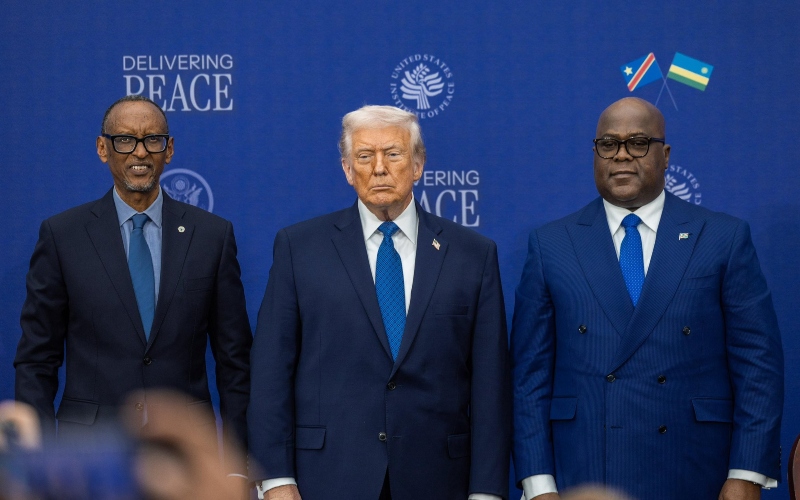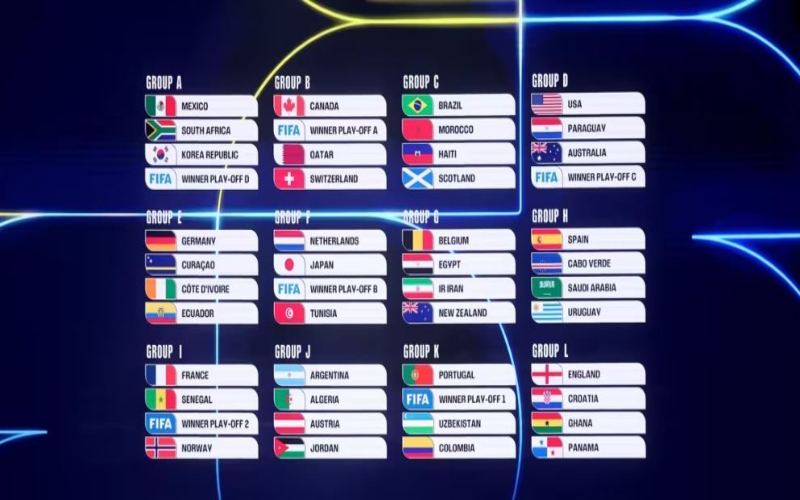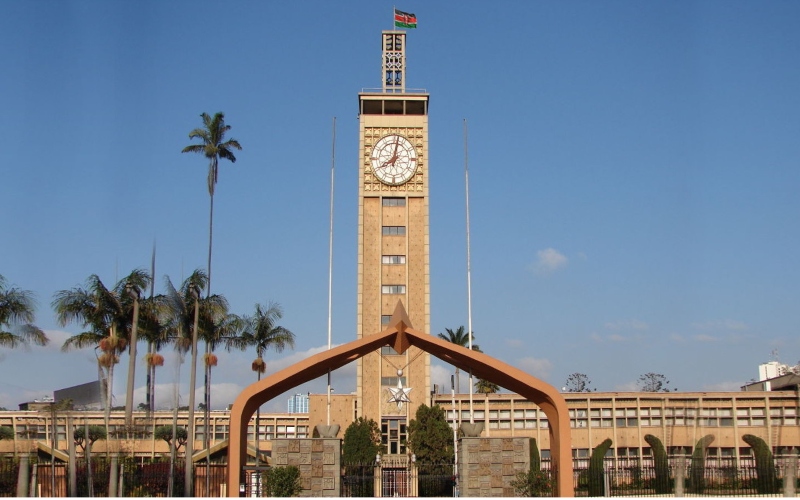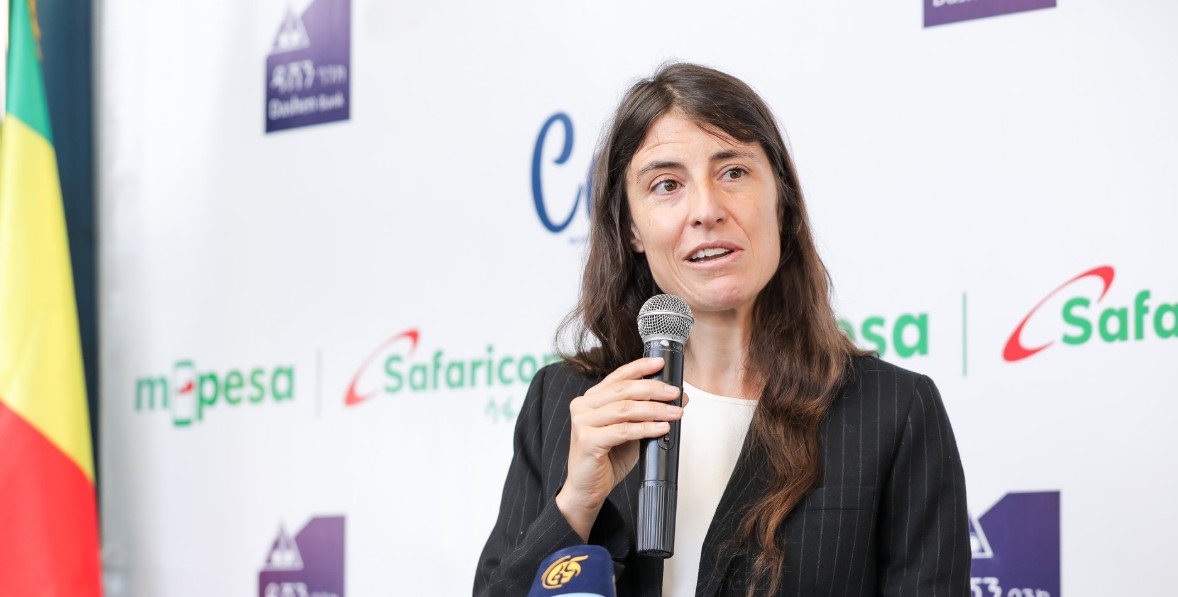Trader sues to block duty-free rice imports over lack of public participation
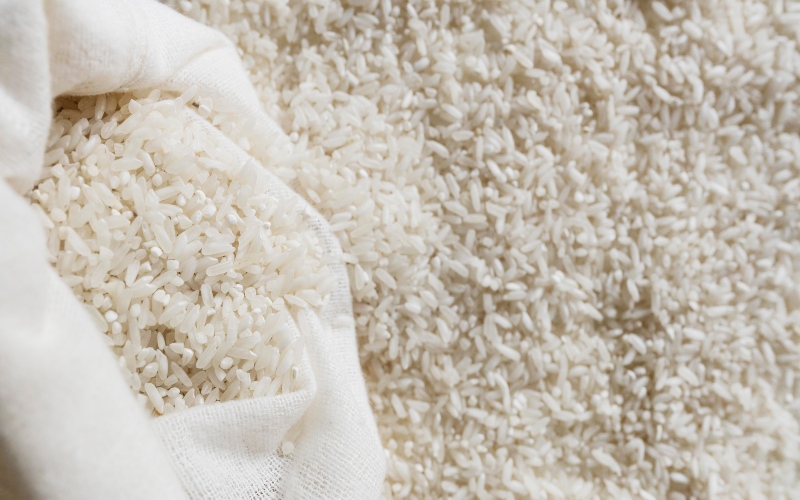
The trader says the gazette notice issued on July 28 is unconstitutional and unfairly benefits the Kenya National Trading Corporation (KNTC), which was selected as the sole importer.
A rice trader has filed a constitutional petition seeking to overturn the government’s decision to allow duty-free importation of 500,000 tonnes of rice, arguing that the move was made without transparency, fairness, or proper consultations.
In the case before the High Court in Mombasa, Frankline Ojiambo says the gazette notice issued on July 28 is unconstitutional and unfairly benefits the Kenya National Trading Corporation (KNTC), which was selected as the sole importer.
More To Read
- Kenya Ports Authority holds first chemical, biological, radiological and nuclear preparedness drill
- MPs fault State officers over mismanaged road projects
- Businesses granted 30-day relief on long-stay container charges at Mombasa port
- Bariis: Beginner’s guide to making the perfect Somali rice
- Transporters issue 7-day ultimatum over empty container backlog
- Government shifts cargo clearance to Nairobi, Naivasha in bid to decongest Mombasa Port
He claims that no public participation took place and that stakeholders such as local farmers, traders, and consumer groups were completely excluded. “No parliamentary deliberations were conducted, the process was opaque and exclusionary,” states Ojiambo in his petition.
The trader has listed KNTC, the Treasury and Agriculture Cabinet Secretaries, the Agriculture Food Authority, the Commissioner for Customs and Border Control, the Attorney General, and the Kenya Ports Authority (KPA) as respondents.
He wants the court to nullify the notice and restrain KPA from handling, clearing, or releasing any rice imported under the directive until the case is concluded.
According to Ojiambo, granting duty-free status exclusively to KNTC amounts to economic discrimination and violates fair competition principles.
“The decision to grant duty-free status exclusively to the sixth respondent (KNTC) without extending similar treatment to other importers or producers constitutes unjustified economic discrimination,” he argues.
He says the order has already disrupted the local rice market, leading to a fall in farm-gate prices, reduced demand, and uncertainty for farmers planning future crops.
Ojiambo adds that the directive does not address food security concerns but instead discourages local production and risks long-term instability in the sector.
The petitioner further claims that the tax exemption was issued without legal authority, competitive selection, or oversight.
He insists that if the government’s goal was to stabilise rice prices, it should have used the Price Control (Essential Commodities) Act, which allows the Cabinet Secretary to declare goods as essential and regulate their prices through a gazette notice.
“The blanket application for the gazette notice across the country is unjustified; local production and duties imports have not faced any impediments to availability in most towns. The alleged price shocks are not uniform or substantiated,” reads part of the petition.
Ojiambo maintains that the directive has created a market surplus, undermining locally grown rice and hurting farmers who are already struggling with low returns.
He now wants the court to stop the implementation of the directive and compel the government to ensure full stakeholder involvement before making similar decisions in future.
Top Stories Today

